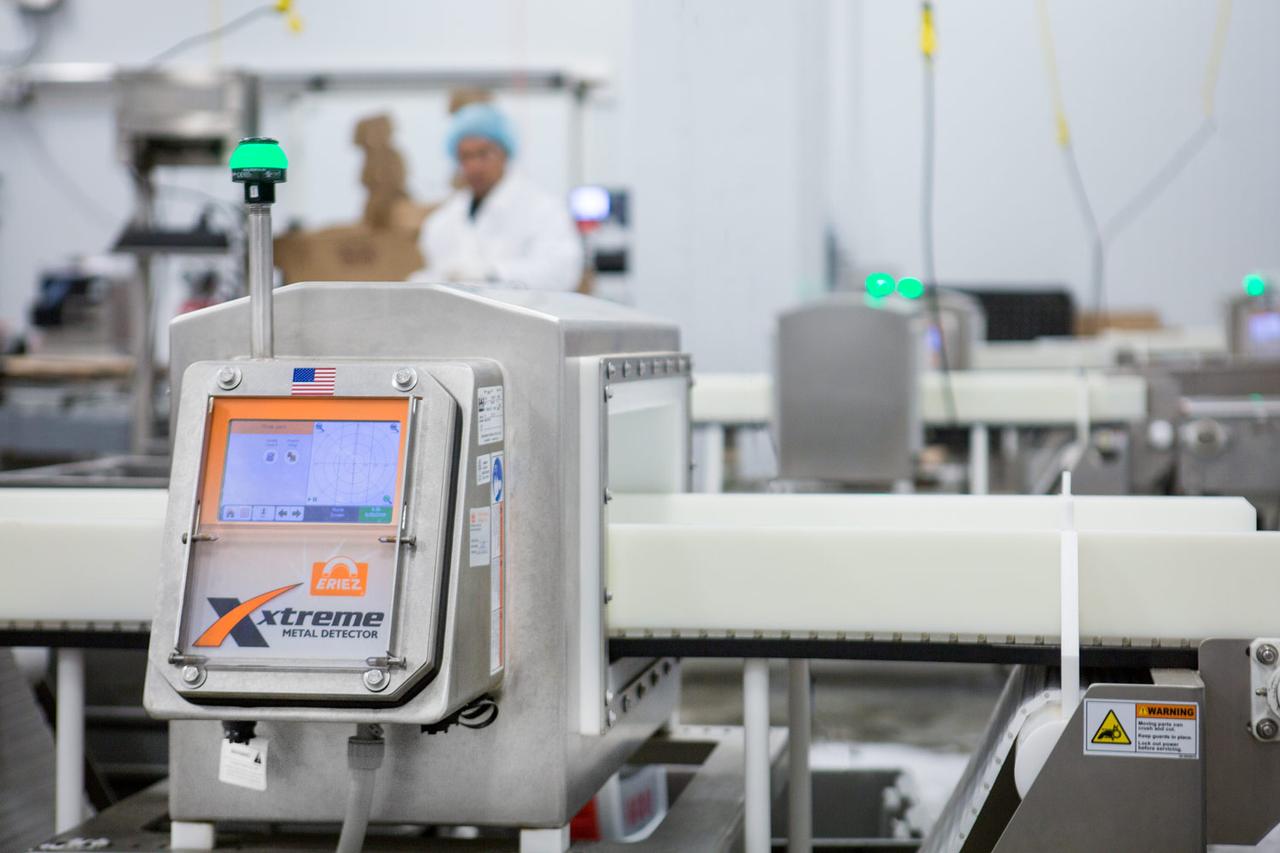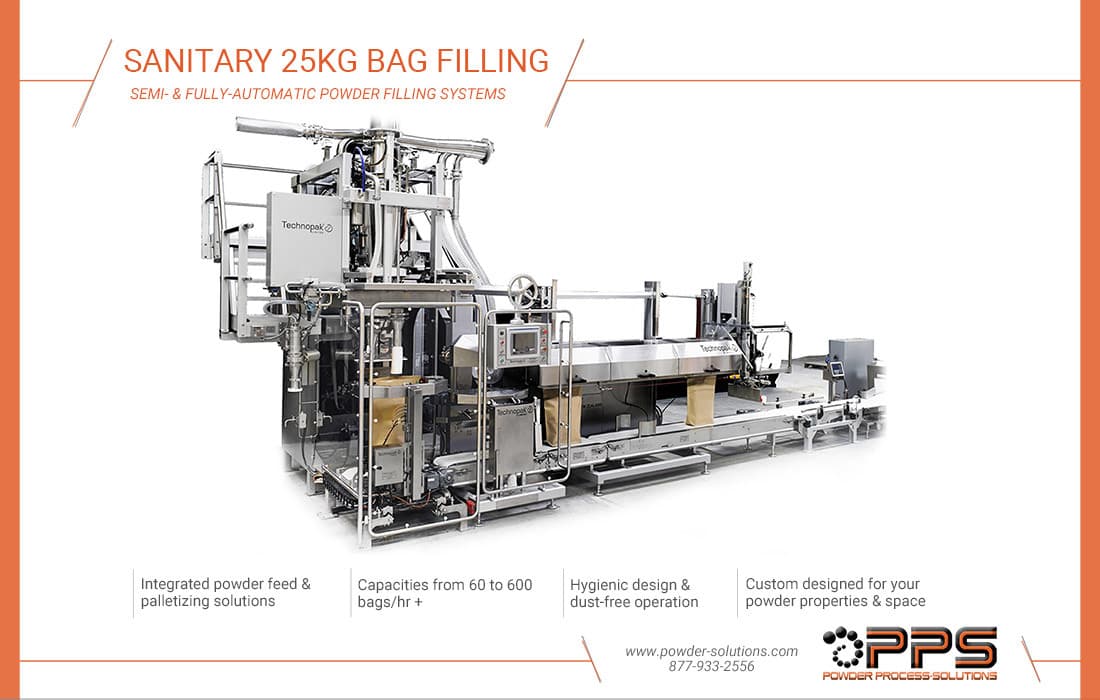
Eriez Xtreme metal detectors are offered in 6-, 12- and 18-inch belt sizes and offer new options, including push arm or air blast rejects, lockbox, reject confirmation, stainless steel motor/reducer, improved guarding, and emergency stop and side guides. Photo courtesy of Eriez
Since the mid-1990s, Berryhill Foods in Fraser Valley, B.C., Canada—with its rich, fertile soil conditions and temperate climate—has been providing premium blueberries and raspberries to a range of customers. Although Berryhill’s customers vary, their exacting standards do not. These customers demand stringent adherence to safe quality assurance measures, particularly when it comes to detecting and eliminating metal particles in the raw berries prior to shipment.
To meet Hazard Analysis and Critical Control Points (HACCP), Safe Quality Food (SQF) and other food safety guidelines, the berry farmer relies on nine Eriez metal detectors in its various plant operations. And management says plans are underway to install additional Eriez metal detectors.
“The Eriez metal detectors are required on all of our lines because they are considered critical control points by our food safety systems, including SQF and HAACP,” says Berryhill Foods maintenance manager Tom McTaggart. “Our pre-pack processing lines have two metal detectors each, because we want to have one detector as the last step before the boxes are stacked for storage,” he says.
While there are many factors that contribute to the volume of berries going through the metal detectors, McTaggart says the average is 10,000 lbs. per hour during the harvesting season. Berryhill Foods has been an Eriez customer for more than two decades.
“We have been using Eriez metal detectors since the mid-90s,” says McTaggart. “In an effort to achieve an even higher level of sensitivity, we are in the process of converting several of our long-standing units into the newer Eriez Xtreme models.”
The Xtreme models are offered in 6-, 12- and 18-inch belt sizes and offer new options, including push arm or air blast rejects, lockbox, reject confirmation, stainless steel motor/reducer, improved guarding, and emergency stop and side guides.
The Xtreme metal detector interface is icon-driven and patterned after advanced smartphones. Plant operators receive instantaneous visual feedback from the screen in real-time to make decisions regarding the equipment’s setup and performance.
Berryhill Foods uses Eriez metal detectors to ensure their premium blueberries and raspberries are safe and pure
Meeting product purity specs with metal detection
“We strive to keep all our growing, cultivation and processing the same so we can sell to numerous customers around the world.”
—Tom McTaggart, maintenance manager, Berryhill Foods

